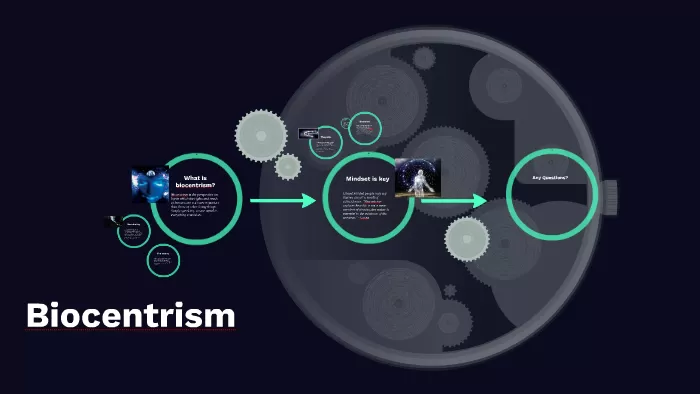Biocentrism, a theory that posits that life and consciousness are central to the universe, has sparked significant debate in the realms of science and philosophy. In this article, we embark on a journey to critically examine biocentrism, its claims, its controversies, and the scientific perspectives that challenge its core principles
Introduction: The Intriguing Notion of Biocentrism
Biocentrism proposes a fascinating idea: that life and consciousness play a fundamental role in the universe. Let’s explore this concept and its implications.
Understanding the Basics of Biocentrism
Before delving into the controversies, it’s essential to grasp the fundamental tenets of biocentrism.
The Principles of Biocentrism
Biocentrism asserts several key principles, including the idea that life creates the universe, not the other way around.
Controversies Surrounding Biocentrism
Critiques from the Scientific Community
Many scientists have raised valid concerns about the scientific validity and evidence supporting biocentrism.
The Conflict with Established Scientific Theories
Biocentrism challenges well-established scientific theories, such as the Big Bang and the laws of thermodynamics.
Challenges to the Notion of Cosmic Consciousness
The idea of a universal consciousness raises significant philosophical and scientific questions.
Biocentrism vs. Anthropocentrism: A Philosophical Battle
Biocentrism challenges the traditional human-centric view of the universe. We explore the philosophical implications of this clash.
The Role of Quantum Physics in Biocentrism
Proponents of biocentrism often cite quantum physics as supporting evidence. We examine this relationship.
The Quest for Empirical Evidence
Critics argue that biocentrism lacks empirical evidence. We explore efforts to find tangible proof of its claims.
Biocentrism and Its Influence on Popular Culture
Biocentrism has made its way into popular culture. We explore its portrayal in literature, films, and other media.
Exploring Alternative Philosophical Frameworks
In light of the controversies, we consider alternative philosophical frameworks that offer different perspectives on the nature of the universe.
FAQs: Unraveling the Mysteries of Biocentrism
- What is biocentrism, and who proposed it?
- Biocentrism is a theory proposed by Robert Lanza, suggesting that life and consciousness are central to the universe.
- What are the key principles of biocentrism?
- Biocentrism posits that life creates the universe, that consciousness is fundamental, and that time and space are constructs of the mind.
- Why do scientists critique biocentrism?
- Scientists often criticize biocentrism for its lack of empirical evidence and its challenges to established scientific theories.
- Does biocentrism have any influence on quantum physics?
- Proponents of biocentrism believe it aligns with some interpretations of quantum physics, but this remains a topic of debate.
- Are there alternative theories to biocentrism?
- Yes, there are alternative philosophical frameworks, such as materialism and panpsychism, that offer different perspectives on the nature of reality.
Conclusion: The Ongoing Debate
In conclusion, the concept of biocentrism remains a subject of ongoing debate and controversy. While it challenges traditional scientific and philosophical paradigms, it has yet to provide conclusive empirical evidence to support its claims. The exploration of biocentrism continues to inspire discussions about the nature of the universe and our place within it.

